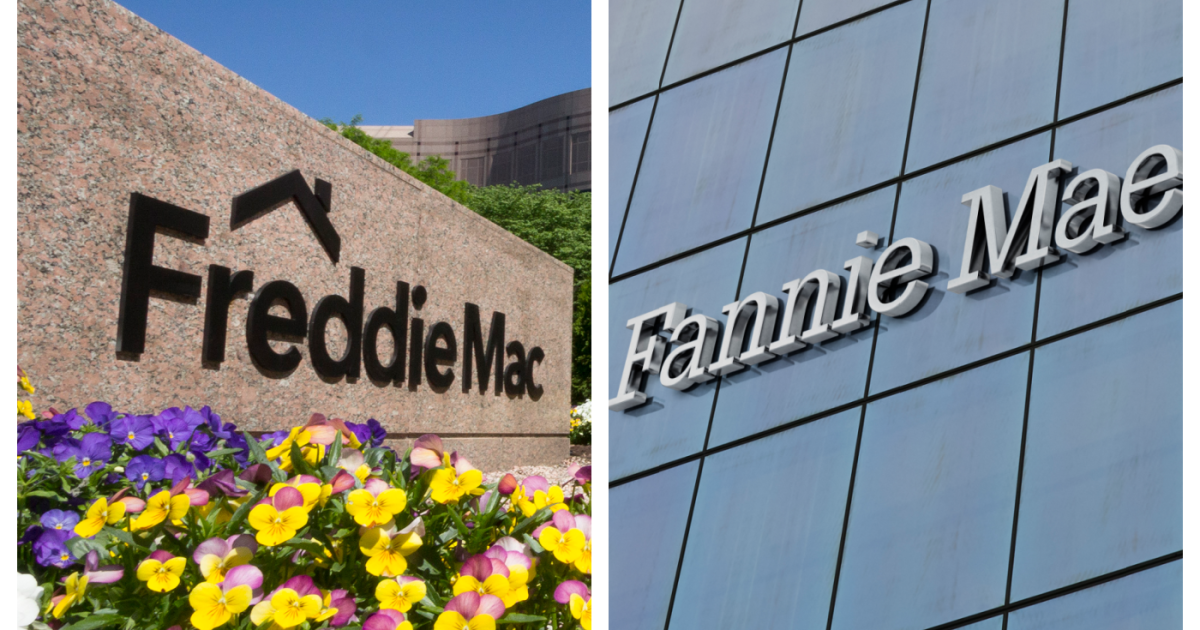
A disparity in the average
Freddie Mac's loan-to-value ratio was 88% as compared to 80% at Fannie Mae. At last count, the respective ratios were 90% and 81%. LTV represents the debt on the property relative to its value, so lower percentages point to higher home equity.
Fannie Mae and Freddie Mac also collectively settled 5,067 nonperforming loans in 2023 making it the third slowest year on record,
By the end of 2023, 7% of the 72,516 loans that were late by 12 months-plus as of Dec. 31, 2022 had been sold and settled. In 2022, 4% of the 208,147 loans that were a year or more delinquent at the end of 2021 sold, compared to a record-setting 30% the previous year.
Nonperforming loan sales haven't been this low since the onset of the pandemic in 2020, when the annual total was 4,051 and 8% of those Fannie and Freddie held at the end of 2019 sold.
The numbers may not have been low in part because Fannie and Freddie took some time out between February and June of last year to outfit the non- and reperforming loan programs with new foreclosure prevention measures and additional reporting requirements.
The revamp followed hearings in which some
Among Biden administration reforms has been work to step up existing efforts to sell loans to community buyers. However, the number that go to them has been limited in line with the capacity and resources of those small investors.
Roughly 17% of the NPL sales at Freddie Mac has been in the form of smaller, regional pools that may appeal to such buyers. Fannie's latest equivalent number was nearly 20%. Both numbers were roughly a percentage point higher than in an earlier report.
The foreclosure avoidance rate for these distressed mortgage sales remained stable at nearly 44% for occupied properties and almost 18% for vacant ones. Around 29% of loans on occupied properties proceeded to foreclosure and 76% on vacant properties did.
The strategy that staved off foreclosure most often remained permanent modification, which was the outcome for 11.5% of loans.
Servicer contact helped prevent foreclosure around 47% of the time, compared to 27% for nonperforming loans lacking it.
Properties in New York, Florida or New Jersey collateralized 40% of the nonperforming loans sold.
In total, Fannie and Freddie brought $30.9 billion or 168,364 in NPL sales to market from the program's start through the end of last year, Fannie was responsible for around two-thirds of that amount. The loans had an average 2.8 years of delinquency.
Nonperforming loans have been historically low across most loan types, according to a



